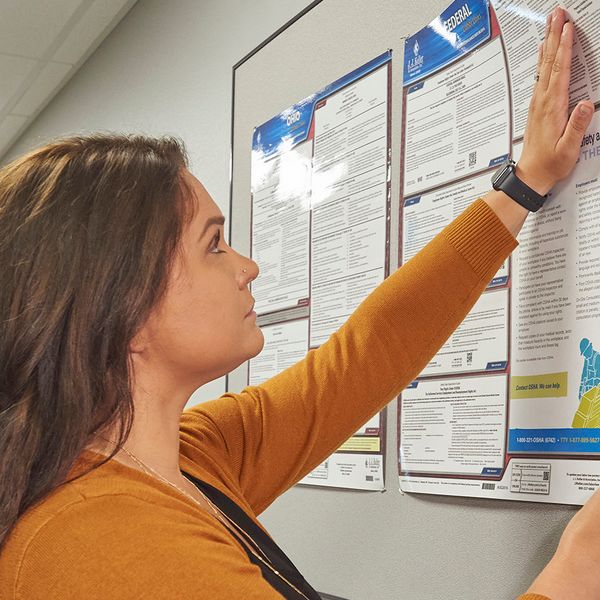Help yourself by training managers on leave laws
This is an appeal to employers to train their managers and supervisors on the employee leave laws that apply to them. Doing so can help avoid the risk of an expensive claim, and I want to read fewer related court decisions.
Put to the test
A while ago, I wondered how well a company’s supervisors knew how to handle a particular situation. To get an answer, I picked a random supervisor and asked the following question:
If, during a busy season, an employee is injured on the job and needs to take a few weeks off, how do you respond?
The supervisor indicated that he would need to find someone to fill in for the missing employee, and talk to the safety department about a workers’ comp claim.
These are logical considerations. The supervisor did not, however, even mention the federal Family and Medical Leave Act (FMLA), or talking to the company leave administrator.
Given that, once employers are put on notice of the need for leave, they have only five business days to give an employee an FMLA eligibility/rights & responsibilities notice, if the supervisor does not talk to the company leave administrator, the employer could risk missing that deadline.
How late is too late?
Too often, I get questions from leave administrators asking what they should do in situations in which they didn’t learn of an employee’s leave until after the employee returned from work. Technically, the company has violated the FMLA, and must give the employee an eligibility/rights & responsibilities notice as soon as practicable and, subsequently, a designation notice.
Leave administrators may retroactively designate the absence as FMLA leave, as long as doing so does not cause harm to the employee.
Some simple supervisor training can help avoid such issues.
Refresh the training
Supervisors might have been initially trained on such laws and situations, but could have easily forgotten that information. Happily, they likely don’t run into FMLA leave situations too often. Quick refresher training or reminders can help, so you don’t have to provide long, formal training.
Every now and then, for example, supervisors could be asked how to handle particular situations, like the one mentioned above. Supervisors spend only a few minutes on the question.
Is such training required? No, but it could help keep your company safe from expensive court claims, and give me more time to read fictional murder mysteries instead of court cases.





















































